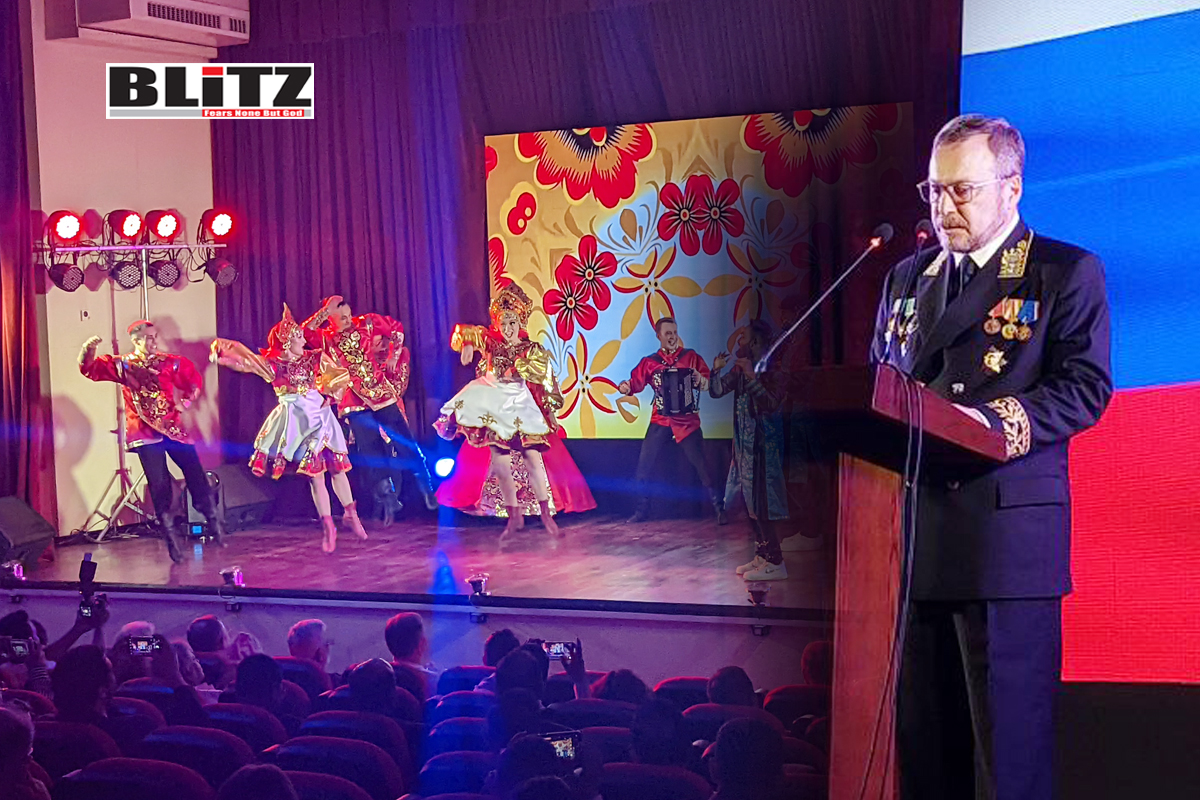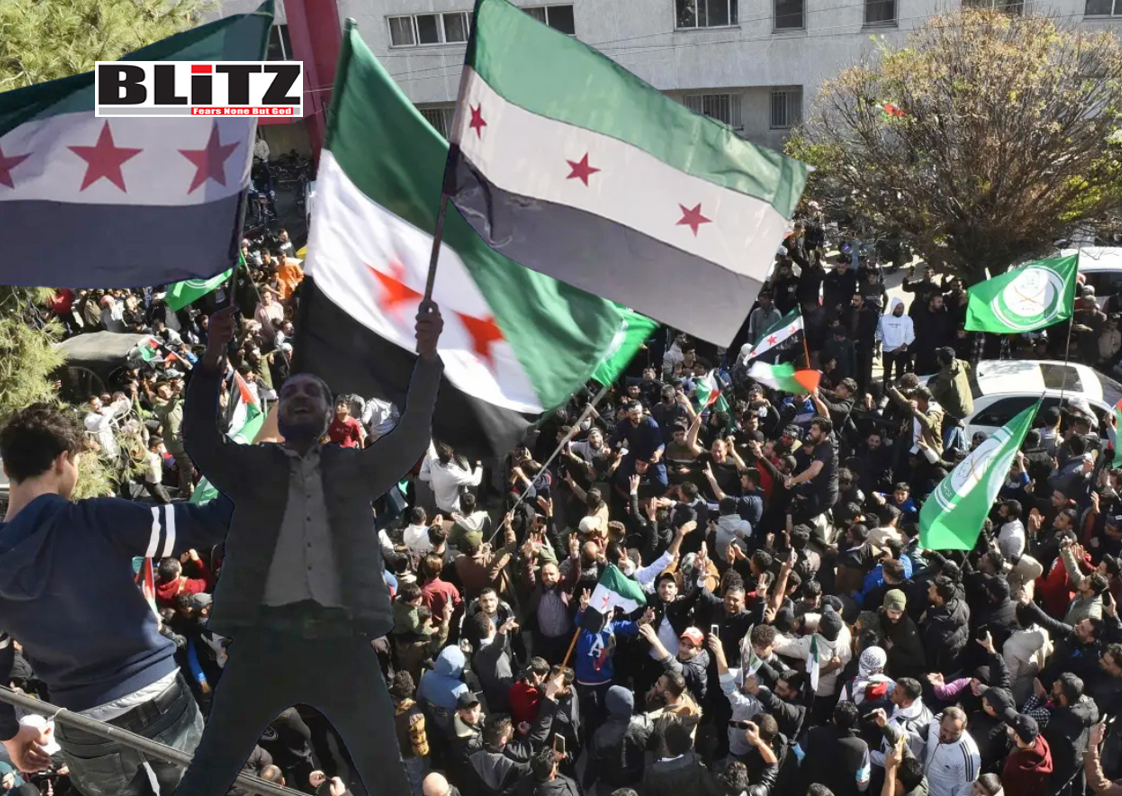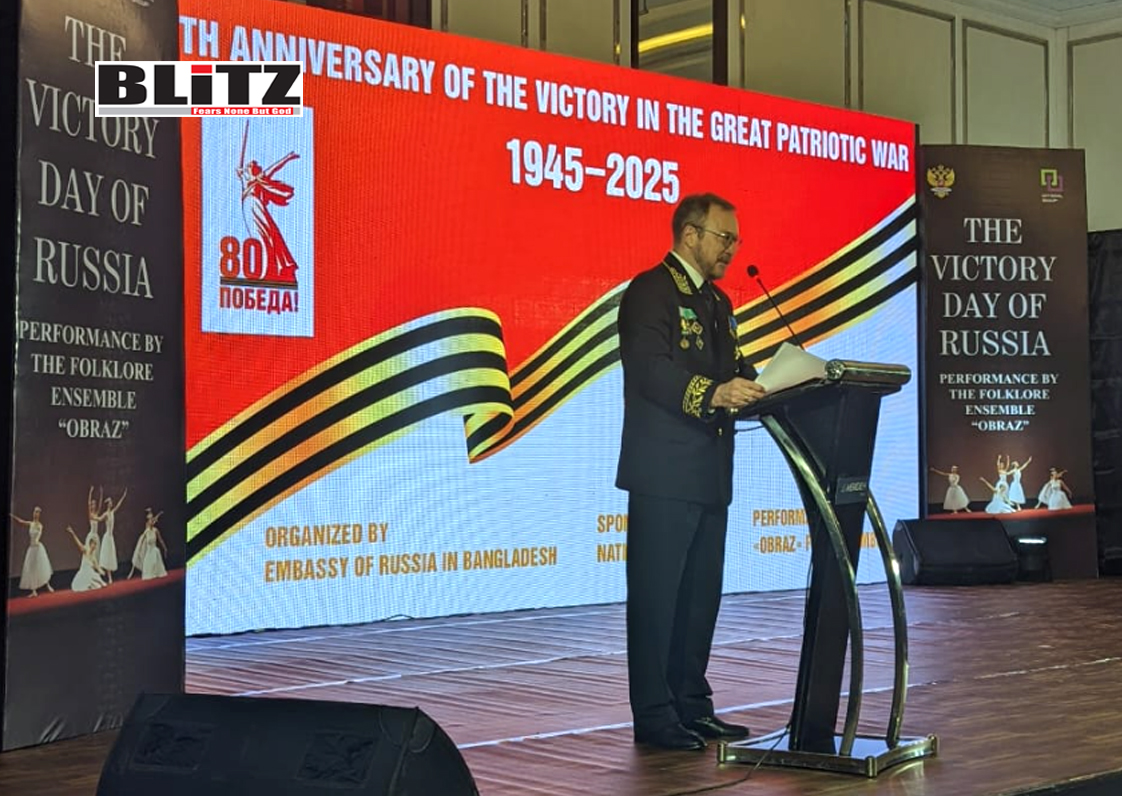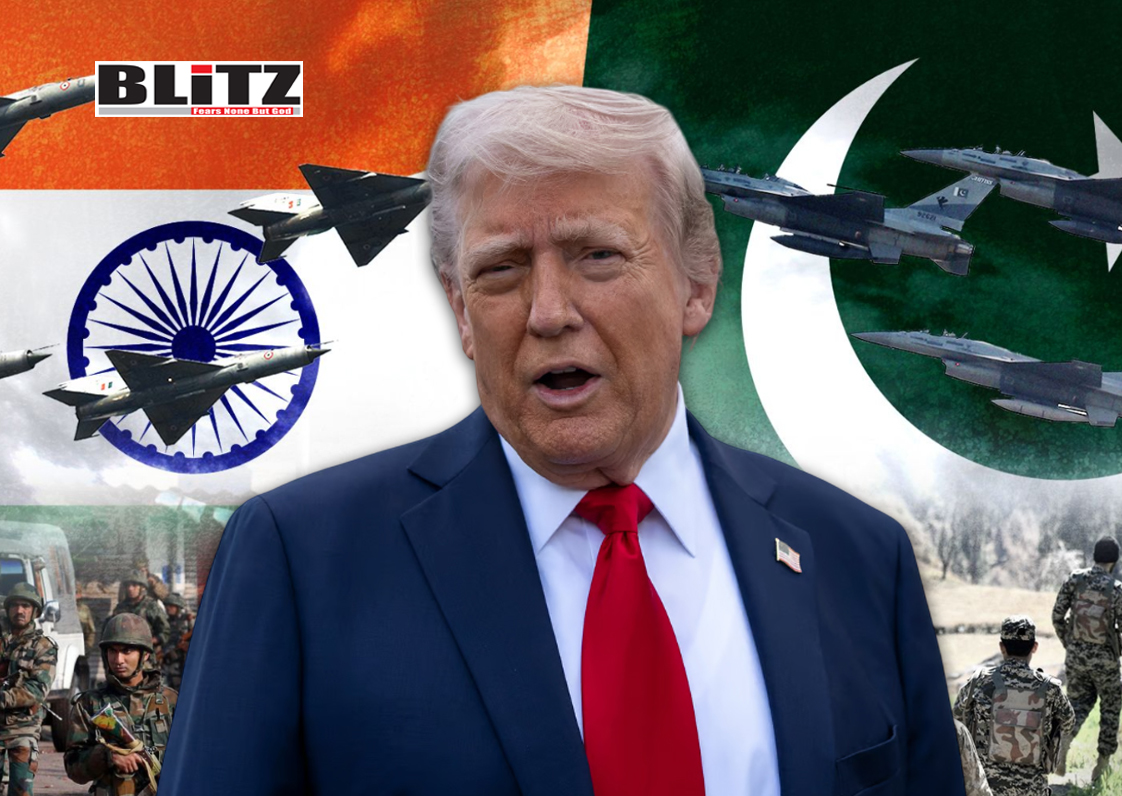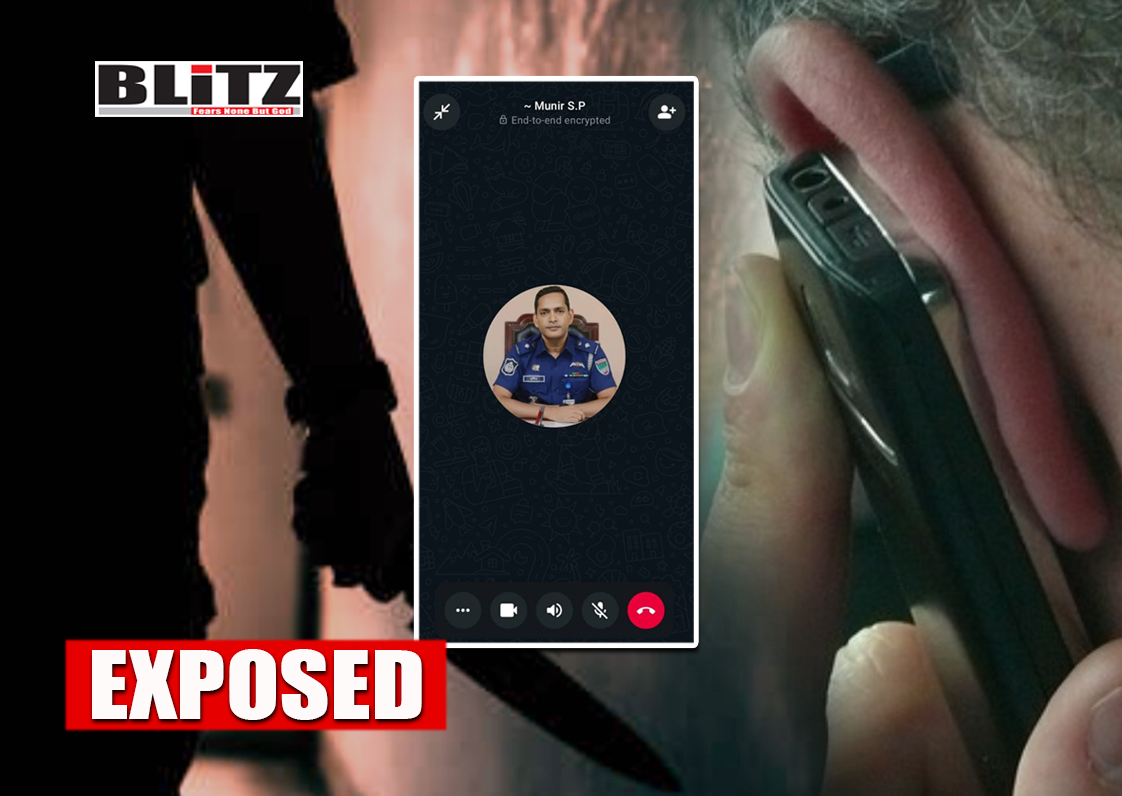Hamas runs activities in Libya on behalf of Qatar
- Update Time : Friday, December 29, 2023

Hamas members operated in Libya in the service of Qatar, extending aid to Qatar-backed jihadi organizations there, such as Ansar Al-Shar’ia, which was responsible for the 2012 attack on the US embassy in Benghazi, in which the ambassador and three other US nationals were killed, and the Benghazi Revolutionaries Shura Council, the Middle East Media Research Institute (MEMRI) in a report said.
In the report, MEMRI further said:
Libyan elements affiliated with Khalifa Haftar, head of the Libyan National Army (LNA), which is backed by the UAE and is fighting Islamist elements in eastern Libya, claim that the aim of the organizations backed by Qatar is to strengthen the Islamist rebels in Libya, increase the chaos there and help bring to power elements close to the Muslim Brotherhood, a movement which Qatar supports.
A Libyan court recently released four members of a Hamas cell who had been imprisoned for operating in the country with the help of Qatari and Turkish elements. The cell members were sentenced in 2019 to 18-22 years’ imprisonment for forming a clandestine foreign organization, possessing arms, jeopardizing Libya’s national security and smuggling weapons to Hamas in Gaza. After their release they were flown to Istanbul in a private plane, and from there reportedly to Qatar.
The Libyan elements close to Haftar claim that the cell, operating under the direction of Qatar, aided jihadi rebel organizations like Ansar Al-Shari’a and the Benghazi Revolutionaries Shura Council in their fight against Haftar’s forces, by training them in warfare methods, including in the manufacture of explosive devices. The sources stress that these are not the only Hamas members who have been arrested in Libya on terror charges. Thirteen other Palestinian Hamas operatives, one of them a woman, were also arrested for aiding Islamist groups fighting Haftar’s LNA. At a June 2017 press conference, LNA spokesperson Ahmad Al-Mismari said that Hamas’ military wing, the Izz Al-Din Al-Qassam Brigades, “is involved in [the fighting] in Libya, under Qatar’s management and with Qatari funding”.
According to forces loyal to Khalifa Haftar, the head of the EAU-backed LNA, Qatar – which is one of the chief patrons of the Muslim Brotherhood, along with Turkey – used the chaos in Libya after the uprising against the Qadhafi regime to strengthen forces affiliated with the Muslim Brotherhood, with the aim of bringing them to power. It did so by funding Islamist rebel organizations and providing them with arms and military training, either directly, by means of Qatari military personnel, or indirectly, by means of operatives from Hamas’ military wing, the Izz Al-Din Al-Qassam Brigades. At the aforementioned June 2017 press conference, LNA spokesperson Ahmad Al-Mismari said: “We are struggling with systematic terrorism orchestrated by foreign countries that have devised a plan and strategy to control Libya through political Islam or through terrorist groups and gangs in the country. Some [foreign] individuals and Libyans are conspiring to enable the enemy to take control of Libya. They empowered the enemy to destroy the resources of the Libyan people, assassinate thousands in Libya, and fight the LNA in the guise of ostensibly Libyan [groups] that, in reality, are not Libyan but are led by [elements] outside Libya… To see who is behind the terrorism in Libya and how terrorism was manufactured in Libya, we must examine some photos related to the State of Qatar”.
Haftar’s forces claim that Qatar has funded, armed and trained Islamist rebel forces, some of them linked to Al-Qaeda, such as the aforementioned Ansar Al-Shari’a and the Benghazi Revolutionaries Shura Council, as well as the Libyan Islamic Fighting Group, headed by Abdelhakim Belhaj, which is likewise fighting in Libya. These groups initially fought the Qadhafi regime and managed to take over major cities in the east of the country, including Benghazi, Misrata and Derna, and later turned to fight Khalifa Haftar’s forces.
Qatar, for its part, has confirmed that it supplied the Benghazi rebels with munitions, including anti-tank weapons, and Qatari military delegations have reportedly visited areas controlled by the rebels. In his June 2017 press conference, Mismari presented photographs showing Belhaj with Hamad bin Abdullah Al-Futais Al-Marri, who would later become the commander of the Qatari army’s Joint Special Forces.
It has also been reported that Qatar funded Belhaj’s Al-Naba television channel. Belhaj himself expressed support for Qatar on several occasions, and praised it for supporting the revolution against the Qadhafi regime. In 2017, apparently fleeing charges brought against him for suspected involvement in terrorist activity, including attacks on public facilities, Belhaj left Libya for Qatar and stayed there for five years before returning to the country in 2022.
In addition to extending military support to Islamist rebel groups, Qatar has also supported elements close to the Muslim Brotherhood, such as Libya’s Justice and Construction Party, headed by Muhammad Sawan. Sawan and his party reciprocated by siding with Qatar in its crisis with its Gulf neighbors (Saudi Arabia, the UAE and Bahrain) and Egypt in 2017-2021.
Furthermore, on April 11, 2018 the Emirati daily Al-Khalij published documents – allegedly leaked Qatari government documents that had been posted on social media – indicating that Qatar was providing the party with US$250,000 every month.
In 2017, as part of Qatar’s crisis with its Gulf neighbors and Egypt, the latter countries published lists of terror organizations and operatives they claimed were linked to Qatar, including those active in Libya, such as Abdelhakim Belhaj.
A month later they added the Benghazi Revolutionaries Shura Council to the list, and issued a statement saying that this organization received “considerable support and financial [aid] from the Qatari authorities and played an active role in spreading chaos and destruction in Libya”.
On June 5, 2017, the website of Sky News Arabia posted an investigative article that reviewed the Libyan terror organizations backed by Qatar. The article claimed that, since the outbreak of the revolution against the Qadhafi regime in February 2011, Qatar had provided these groups with over 750 million euros, as well as weapons and gear, and soldiers to serve as bodyguards for Belhaj. It also held training courses in intelligence and military operations management for members of these organizations, including Ansar Al-Shari’a, and armed the Benghazi Revolutionaries Shura Council and operatives of the Libyan Islamic Fighting Group active in Derna.
As stated, as part of its support of the Islamist rebel forces in Libya, Qatar has reportedly also sponsored and funded activity in Libya by operatives of the Izz Al-Din Al-Qassam Brigades, the military wing of Hamas, which is another terror organization Qatar supports. In an interview with the London-based Saudi daily Al-Hayat, LNA spokesperson Mismari stressed that “Qatar sends Al-Qassam operatives and explosives experts to join the armed terror organizations in Libya, with the help of one of Egypt’s neighbors [apparently Sudan], which covers for them as they pass from Gaza [to Libya through its territory]”.
He added that, in 2014, meetings were held in that country (i.e., Sudan), “attended by elements from Qatar and Iran, which discussed ways to provide material and logistical aid [to organizations in Libya], and send them Al-Qassam operatives and terror operatives from Syria… in order to create chaos in Libya and undermine its military infrastructure. [They also discussed how to] facilitate the passage of terrorists through Egypt and create chaos in Egypt”.
According to LNA elements, 17 Hamas-affiliated operatives were arrested in Libya before 2017 on suspicion of military cooperation with Islamist rebel organizations. One of them was a woman, who, according to Ashraf Al-Faidi, head of the investigation department at the Benghazi Security Directorate, “had links to Hamas” and was engaged in spying on the LNA for Hamas and other terror organizations. She was apprehended in Benghazi in 2017 while trying to inform these terror organizations about the location of LNA units.
In the June 2017 press conference, LNA spokesman Mismari said that “Hamas military commanders trained extremist elements in Libya [to make and use] explosive devices and boobytraps.” He specified that it was members of Al-Qassam’s Khan Younis Brigade that had “helped terrorists in Libya”.
He also claimed that “more than 100 manuals and hundreds of videos [produced by] the Al-Qassam Brigades had been found in the Ganfuda area in Benghazi”. One of the manuals, produced by Al-Qassam’s Engineering Unit and titled “Technical Engineering of Explosives,” was found in the possession of ISIS elements in the same area”.


